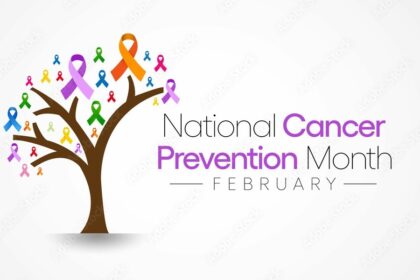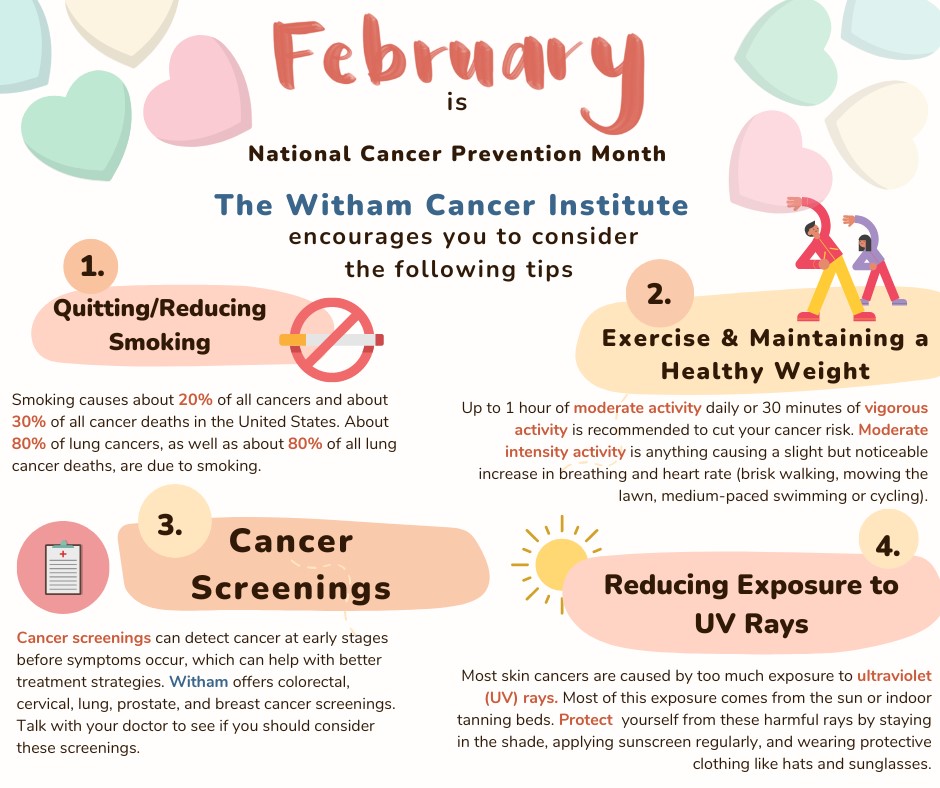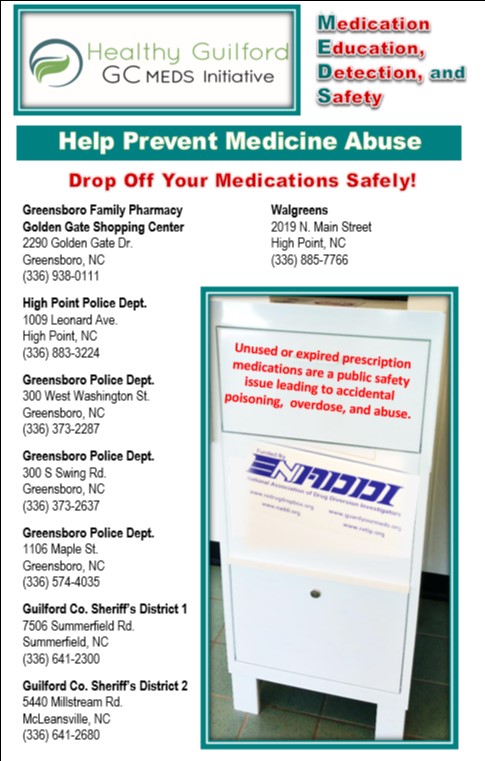
National Cancer Prevention Month is observed in the United States every February to raise awareness about cancer prevention strategies and promote healthy lifestyle choices to reduce the risk of developing cancer.
Prevention lies at the heart of the fight against cancer. Through lifestyle modifications, environmental awareness, and proactive healthcare practices, individuals can significantly reduce their risk of developing cancer. Many cancer risk factors are related to lifestyle choices such as tobacco use, excessive alcohol consumption, unhealthy diet, physical inactivity, and exposure to carcinogens. By promoting healthy behaviors, such as maintaining a healthy weight, exercising regularly, eating a balanced diet rich in fruits and vegetables, and avoiding tobacco and excessive alcohol use, individuals can reduce their risk of developing cancer.
Early detection is crucial for improving cancer outcomes. Screening programs for breast, cervical, colorectal, and prostate cancers enable the timely detection of abnormalities, facilitating prompt intervention and improving treatment outcomes.
This month provides an opportunity to highlight the importance of cancer research and advocacy efforts to advance our understanding of cancer prevention, detection, treatment, and survivorship. Increased awareness and support for cancer research can lead to improved prevention strategies, better treatment options, and ultimately, reduced cancer incidence and mortality rates.








